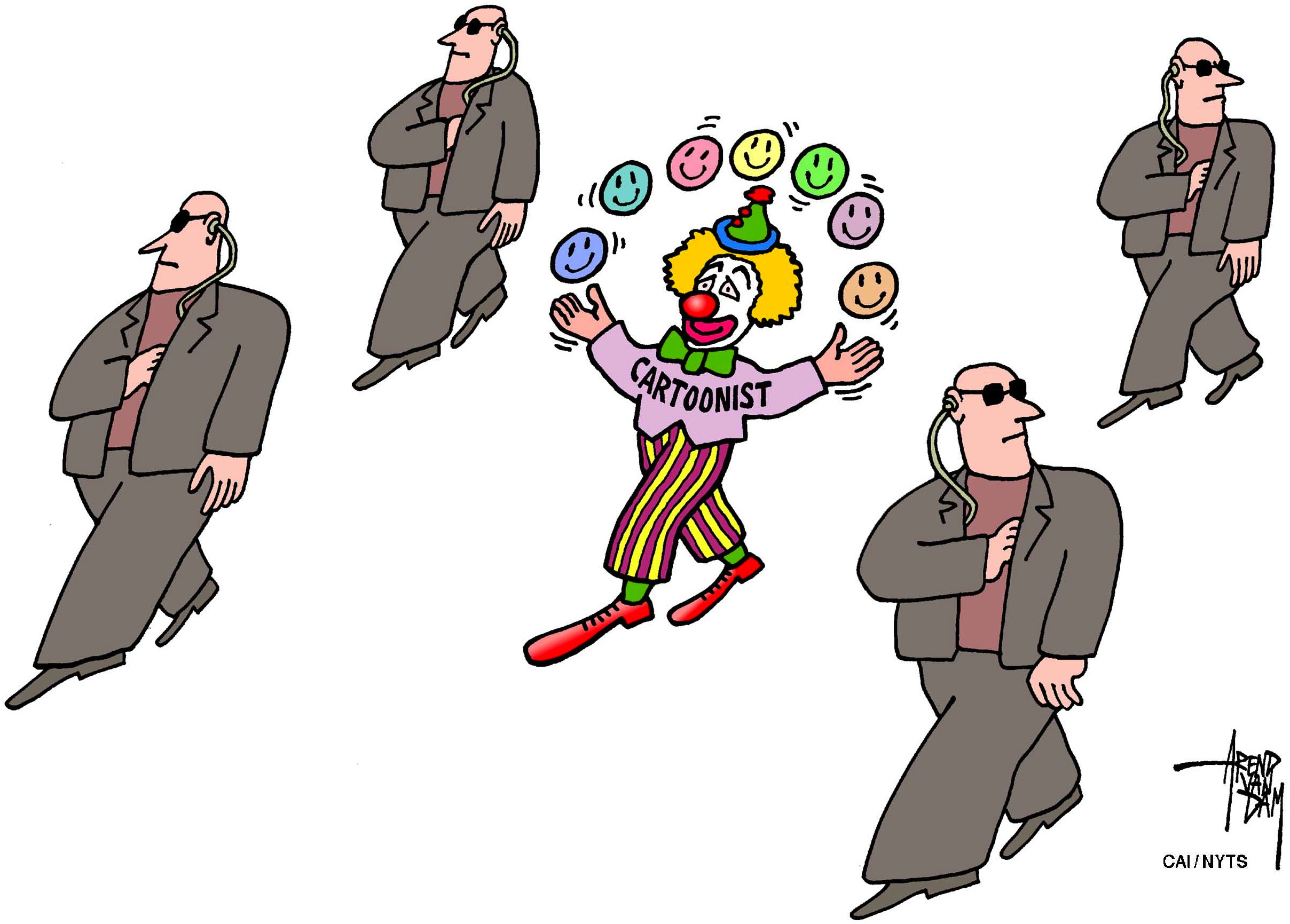I find myself oddly unmoved by the chorus of critics demanding an apology from the organizers of the Garland, Texas, exhibition where two attackers were shot dead last weekend. I'm not suggesting that free speech means never having to say you're sorry. But our vision of what demands apology and what does not has grown dangerously selective.
Regular readers will know that I am a near-absolutist when it comes to the marketplace of ideas. I have mentioned before the contretemps during my undergraduate years at Stanford over the views of Nobel laureate William Shockley on the relative intellectual capacities of blacks and whites.
Many among my confreres wanted his head on the proverbial platter. I wanted to hear his theories debated instead. I had the opportunity twice: once at a campus forum, where he squared off against an eminent geneticist, and a second time when Shockley met with the editorial board of the Stanford Daily, and I was able to challenge him directly. I learned far more from those two encounters than I would have from any sort of ban. I wasn't interested in an apology. I was interested in serious argument about ideas.



















With your current subscription plan you can comment on stories. However, before writing your first comment, please create a display name in the Profile section of your subscriber account page.